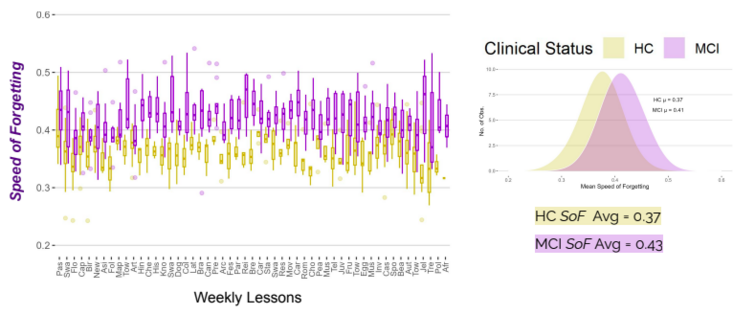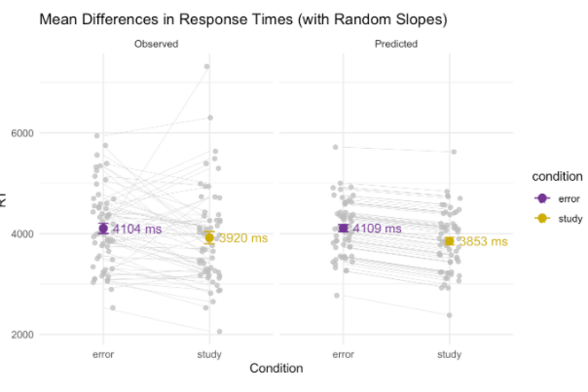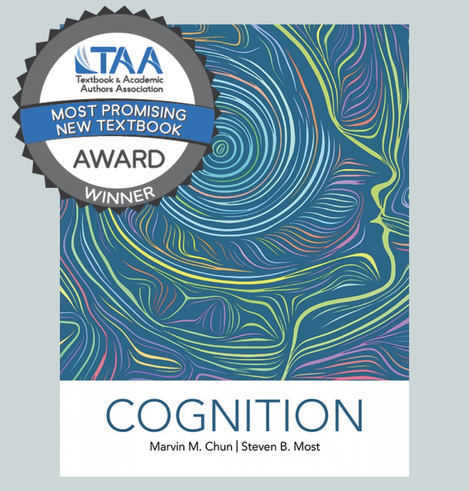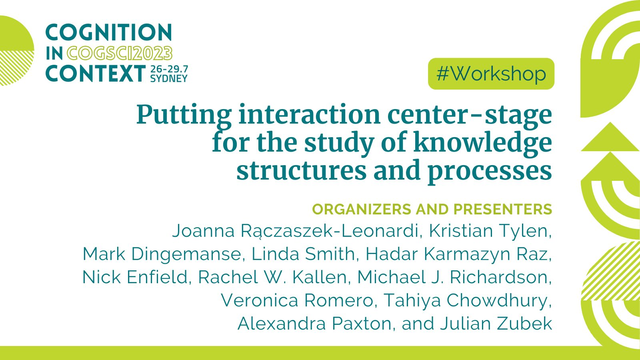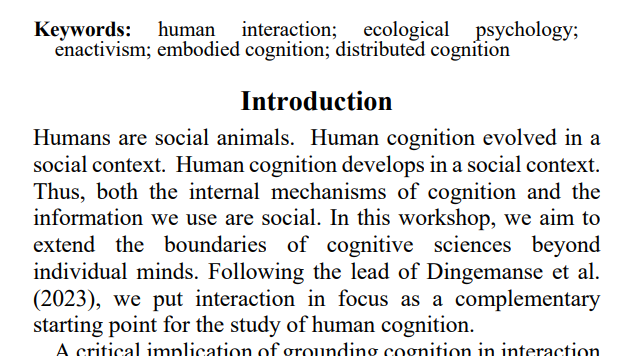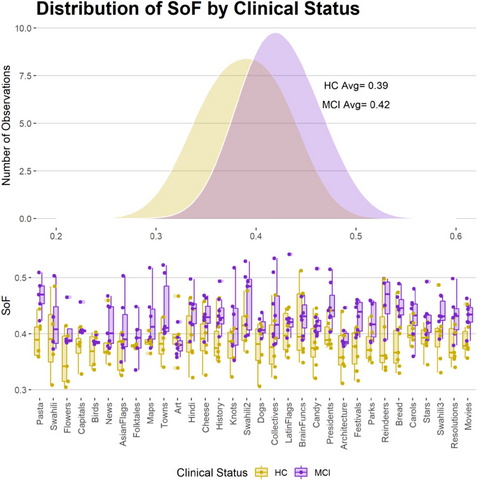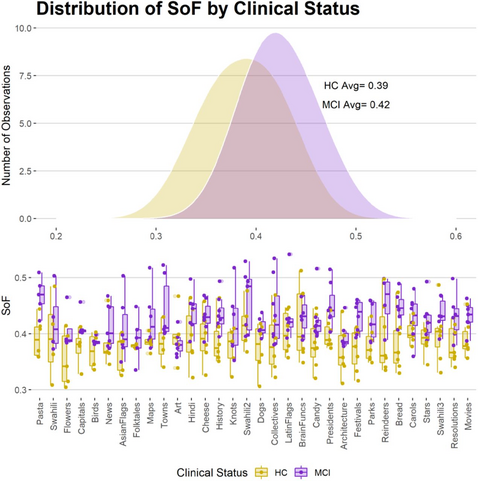If you're in town for #CogSci2023, welcome to beautiful Sydney!
If you love cognitive psychology, you might like Marvin Chun's and my new textbook, 𝘊𝘰𝘨𝘯𝘪𝘵𝘪𝘰𝘯, from Oxford University Press.
Please check it out, along with reviews and sample chapters, at: https://pages.oup.com/he/us/cognition-oup
This week it's the #cogsci2023 Cognitive Science conference in Sydney. I'll participate virtually, getting up early on Wed morning for a workshop inspired by our Beyond Single-Mindedness manifesto
More details & abstracts for presentations: https://escholarship.org/uc/item/8571r2dz #cogsci
Putting interaction center-stage for the study of knowledge structures and processes
Author(s): Rączaszek-Leonardi, Joanna; Tylen, Kristian; Dingemanse, Mark; Smith, Linda; Karmazyn Raz, Hadar; Enfield, Nick; Kallen, Rachel W.; Richardson, Michael J; Romero, Veronica; Chowdhury, Tahiya; Paxton, Alexandra; Zubek, Julian | Abstract: Humans are social animals. Human cognition evolved in a social context. Human cognition develops in a social context. Thus, both the internal mechanisms of cognition and the information we use are social. In this workshop, we aim to extend the boundaries of cognitive sciences beyond individual minds. Following the lead of Dingemanse et al. (2023), we put interaction in focus as a complementary starting point for the study of human cognition.
Breaking New Ground in Computational Psychiatry: Model-Based Characterization of Forgetting in Healthy Aging and Mild Cognitive Impairment
Computational models of memory used in adaptive learning settings trace a learner’s memory capacities. However, less work has been done on the implementation of these models in the clinical realm. Current assessment tools lack the reliable, convenient, and repeatable qualities needed to capture the individualized and evolving nature of memory decline. The goal of this project was to predict and track memory decline in subjectively- or mildly cognitively impaired (MCI) individuals by using a model-based, adaptive fact-learning system. Here we present data demonstrating that these tools can diagnose mild memory impairment with over 80% accuracy after a single 8-minute learning session. These findings provide new insights into the nature and progression of memory decline and may have implications for the early detection and management of Alzheimer’s disease and other forms of dementia. ### Competing Interest Statement The authors have declared no competing interest. ### Funding Statement The study was funded by the Garvey Institute ### Author Declarations I confirm all relevant ethical guidelines have been followed, and any necessary IRB and/or ethics committee approvals have been obtained. Yes The details of the IRB/oversight body that provided approval or exemption for the research described are given below: IRB of University of Washington gave ethical approval for this work I confirm that all necessary patient/participant consent has been obtained and the appropriate institutional forms have been archived, and that any patient/participant/sample identifiers included were not known to anyone (e.g., hospital staff, patients or participants themselves) outside the research group so cannot be used to identify individuals. Yes I understand that all clinical trials and any other prospective interventional studies must be registered with an ICMJE-approved registry, such as ClinicalTrials.gov. I confirm that any such study reported in the manuscript has been registered and the trial registration ID is provided (note: if posting a prospective study registered retrospectively, please provide a statement in the trial ID field explaining why the study was not registered in advance). Yes I have followed all appropriate research reporting guidelines, such as any relevant EQUATOR Network research reporting checklist(s) and other pertinent material, if applicable. Yes All data produced are available online on GitHub, an online data and code repository
Signed up for the #cogsci2023 mentoring programme. Now preping some introductory words
"my advice has no basis more reliable than my own meandering
experience"

